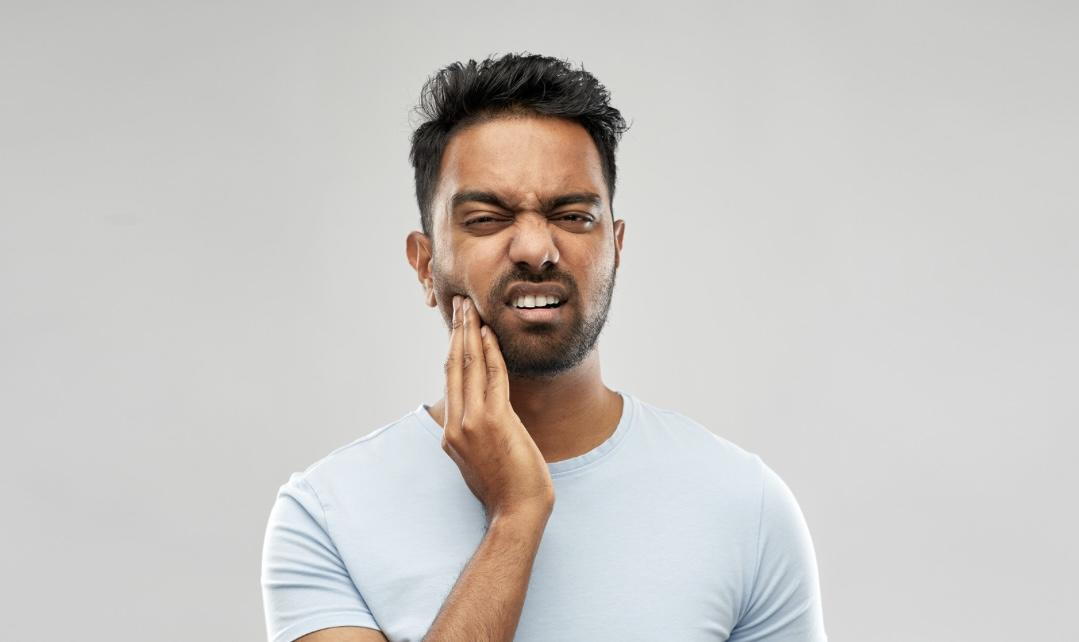
Temporomandibular joint (TMJ) disorders, often referred to as TMD, affect a significant portion of the adult population. With symptoms ranging from mild discomfort to excruciating pain, it's important to understand the causes and risk factors associated with these disorders, and how your TMJ dentist can help. In this article, we will provide an in-depth look at what causes TMJ disorders, risk factors that may exacerbate symptoms, and the role a dentist, or more specifically, your dentist in Park Slope, plays in identifying and treating these conditions.
1. Causes of TMJ Disorders
TMJ disorders are typically caused by an issue with the temporomandibular joint, which connects the lower jaw to the skull. There are several factors that can cause problems within this joint, including:
- Physical injury or trauma, such as a blow to the jaw
- Arthritis, which can cause inflammation and degeneration of the joint
- Grinding or clenching the teeth, which puts significant pressure on the joint
- Dislocation of the soft cushion or disc within the joint
- Structural problems within the joint or surrounding muscles
- Genetic predisposition to joint issues
2. Risk Factors for TMJ Disorders
While the exact cause of TMJ disorders can vary from person to person, there are several risk factors that can make it more likely for an individual to develop this condition:
- Age: TMJ disorders are more common among adults between the ages of 20-40
- Gender: Women are more likely to develop TMJ disorders compared to men
- Poor posture: Strain on the neck and facial muscles from habitual poor posture can contribute to TMJ disorders
- Stress: Emotional stress can lead to muscle tension, clenching, and grinding, which can exacerbate symptoms
- Jaw misalignment: A misaligned bite or jaw can put additional pressure on the joint, leading to increased pain or discomfort
3. How A TMJ Dentist Can Help
A TMJ dentist, such as your dentist in Park Slope, can play a crucial role in diagnosing and treating TMJ disorders. Diagnosis often begins with a comprehensive evaluation of your medical history, followed by a physical exam. Your dentist may also use imaging studies and other diagnostic tests to rule out underlying conditions and pinpoint the root cause of your issue.
Once the cause of your TMJ disorder has been determined, your dentist will work with you to develop a personalized treatment plan. This could involve a variety of approaches, including:
- Oral appliances, such as a custom-made splint, to help reduce pressure on the joint
- Physical therapy, for relaxation and strengthening exercises targeting the jaw muscles
- Medications, including pain relievers, muscle relaxants, and anti-inflammatory drugs
- Counseling or stress management techniques, such as biofeedback, to help you manage stress-related triggers
4. Prevention and Self-Care
While treatment for TMJ disorders can be highly effective, taking preventive measures and practicing self-care can help reduce your risk of developing issues in the first place:
- Become aware of your posture and correct any imbalances
- Practice proper jaw alignment, including keeping your teeth slightly apart and your tongue on the roof of your mouth
- Avoid habits that put a strain on your jaw, like resting your chin on your hand or biting your nails
- Practice relaxation techniques, such as deep breathing, to manage stress and reduce muscle tension
TMJ disorders can significantly impact your quality of life, making it essential to understand their causes and risk factors. Your TMJ dentist serves as an important ally in diagnosing, treating and guiding you through prevention strategies to alleviate and manage symptoms. By working together with your dentist in Park Slope, you can take control of your TMJ disorder and work towards a pain-free, healthy life.
FAQs
What is the Temporomandibular Joint (TMJ)?
The temporomandibular joint (TMJ) is a small joint located near the ears on either side of the head. It connects the lower jawbone to the skull, allowing for movement.
What Causes TMJ Disorders?
TMJ disorders can be caused by a number of factors including excessive teeth grinding or clenching, arthritis, structural abnormality of the jaw or face, and injury or trauma to the jaw.
Are There Symptoms Associated with TMJ Disorders?
Common symptoms associated with TMJ disorders include pain or tenderness in or around the ear area, difficulty chewing or opening your mouth wide, clicking sounds when you move your jaw, and locking of your jaw when it is open or closed.
How are TMJ Disorders Diagnosed?
TMJ disorders are diagnosed through physical examination, imaging tests such as X-ray or MRI scans, and evaluation of medical history.
How are TMJ Disorders Treated?
Treatment may vary depending on the severity of the condition but typically includes lifestyle modifications such as avoiding certain foods that might aggravate symptoms; self-care techniques such as heat applications and gentle exercises; medications such as muscle relaxants; physical therapy; and splints or bite guards. In more severe cases, surgery may be required.
Can Non-Surgical Treatments Help Reduce Symptoms of TMJ Disorder?
Yes. Non-surgical treatments can help reduce some symptoms associated with TMJ disorder but may not be effective in all cases.
Is Surgery an Option for Treating a Severe Case of TMJ Disorder?
In some cases, surgery may be recommended if non-surgical treatments fail to alleviate severe symptoms of TMJ disorder. Such surgeries typically focus on realigning the bones and joints that make up the temporomandibular joint to restore proper function.
Are there Self-care Techniques to Help Relieve Pain from TMJ Disorder?
Yes. Some simple self-care techniques like using cold packs on the affected area, gently massaging muscles around the jaw, and practicing relaxation techniques like deep breathing and visualization can help in relieving pain from TMJ disorder.
